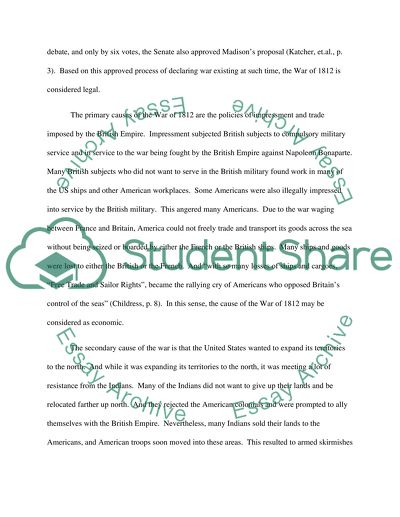Politics of war extra Essay Example | Topics and Well Written Essays - 500 words. Retrieved from https://studentshare.org/miscellaneous/1553990-politics-of-war-extra
Politics of War Extra Essay Example | Topics and Well Written Essays - 500 Words. https://studentshare.org/miscellaneous/1553990-politics-of-war-extra.


